Hilary Layne of The Second Story released another thoughtful video essay, this time on the history of modern fantasy publishing.
Her core claim is as bold as it is accurate: Fantasy isn’t an ancient genre; it’s a modern corporate invention.
That may sound shocking to anyone raised on the Pop Cult catechism. Weren’t the stories of Tolkien, Lewis, or even Homer fantasy?

Not quite. Fantastical storytelling is as old as mankind itself. Gilgamesh fighting monsters, Odysseus encountering witches and gods, Dante passing through Hell; none of these were written under the label of “fantasy”.
What we now think of as Fantasy™ shelved in its own section of the bookstore didn’t exist until after 1960.
And it didn’t spring from Tolkien’s pen, either.
Layne rightly points out that Tolkien never intended to found a genre. It’s well known that he detested allegories. And he sought not to mimic others but to craft a new secondary world with its own languages, histories, and metaphysics.
The Lord of the Rings is mythopoeia in the true sense: a re-engagement with the archetypal imagination, rooted in Catholic theology. Its power comes not from world building or magic systems, but from the truth of its moral vision: evil as privation, good as sacrifice, and Providence working invisibly through weakness.
Which is to say that Tolkien’s work isn’t fantasy at all, but a new Christian myth for the Modern age.

So if Tolkien didn’t create fantasy as a genre, who did? Layne identifies the culprit as Lester Del Rey. And there, the story turned from tragedy to farce. After Terry Brooks’ The Sword of Shannara proved that a Tolkien imitation could sell, Del Rey pounced. He imposed a house formula:
-
Secondary world with magic
-
where a male protagonist who triumphs over evil
-
using some combination of technical knowledge and virtue
-
with help from a guiding spirit.
And the formula worked … for a while. But it came at a terrible cost.
Del Rey reduced Tolkien’s myth to a checklist. Instead of mythopoeia, we got pastiche. And organic storytelling was replaced with manufactured world building.
From there, the cycle became predictable:
-
Brooks and the Tolkien clones
-
Moorcock, posturing as the anti-Tolkien, but really just anti-Del Rey
-
Martin and the grimdark brigade, who mistook nihilism for realism
-
Today’s hope punk and “inclusive fantasy,” which are just counter-counter formulas still trapped in the same orbit.
Each new movement claims rebellion; each only reinforces deadpub dogma.

Here’s the key question: Why has fantasy been reduced to an endless loop of formulas and counterformulas?
Because the industry divorced imagination from the transcendent.
Myth is not a lie. Nor is it mere entertainment. Like faith, it is a way of knowing; an attempt to grapple with metaphysical truth.
When Dante descends into Hell, he is not indulging a flight of fancy. He is dramatizing a theological reality.
Modern fantasy, by contrast, is deliberately cut off from its spiritual roots. Corporate publishers don’t want transcendence. They want units shipped. So they sell simulacra: worlds without souls, quests without meaning; crosses without grace.
What the formula does is try to replace secondary world faith. Instead of a subcreation that points beyond itself, you get a sandbox for self-indulgence. And when the hunger for truth goes unsatisfied, readers tune out. Or they drift into ritualized consumerism where they vainly seek meaning from buying the next book or streaming the next show.
Layne is right. Fantasy as a corporate genre was strangled at birth. But she stops short of the fundamental truth: Fantasy was killed because the culture rejected the supernatural order it once served.
Fantasy doesn’t need new formulas. It can’t be saved by another round of anti-grimdark fiction. It needs writers who see myth as more than product. Writers who, like Tolkien, understand that the imagination is meant to serve Truth, not the market.
Because here’s the great irony: What we call “fantasy” only works when it isn’t pure fiction, but myth rooted in eternal reality.
Watch The Second Story video here:
This is Why We Never Got Another Lord of the Rings

Originally published here





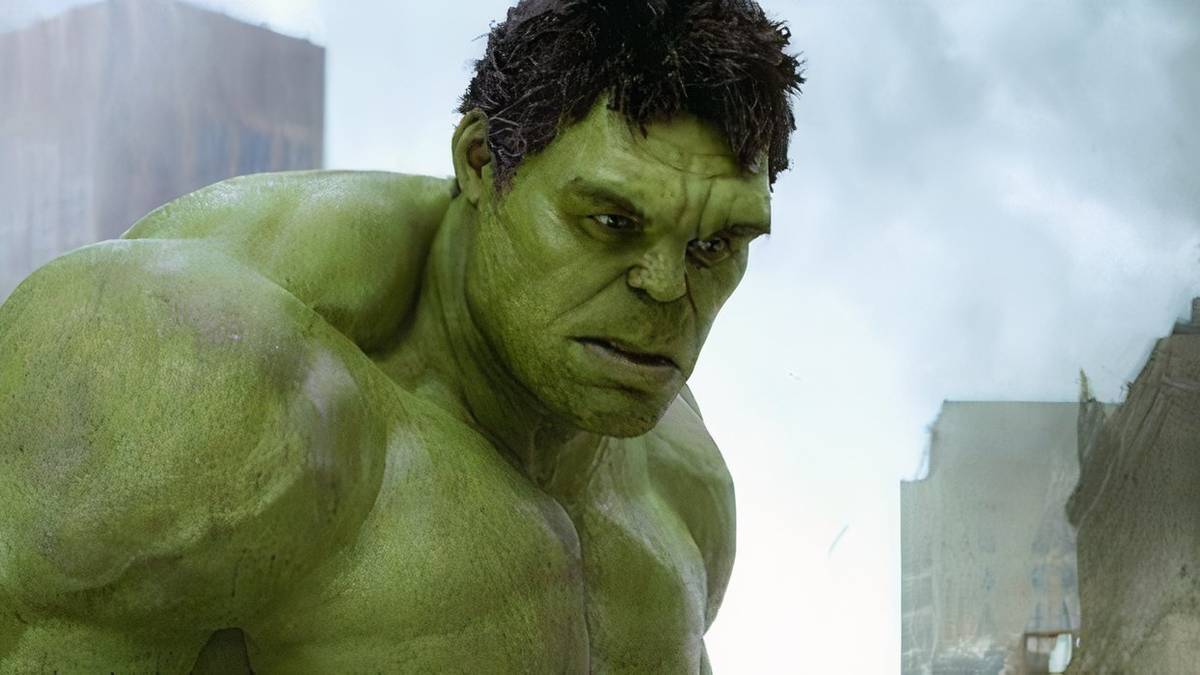

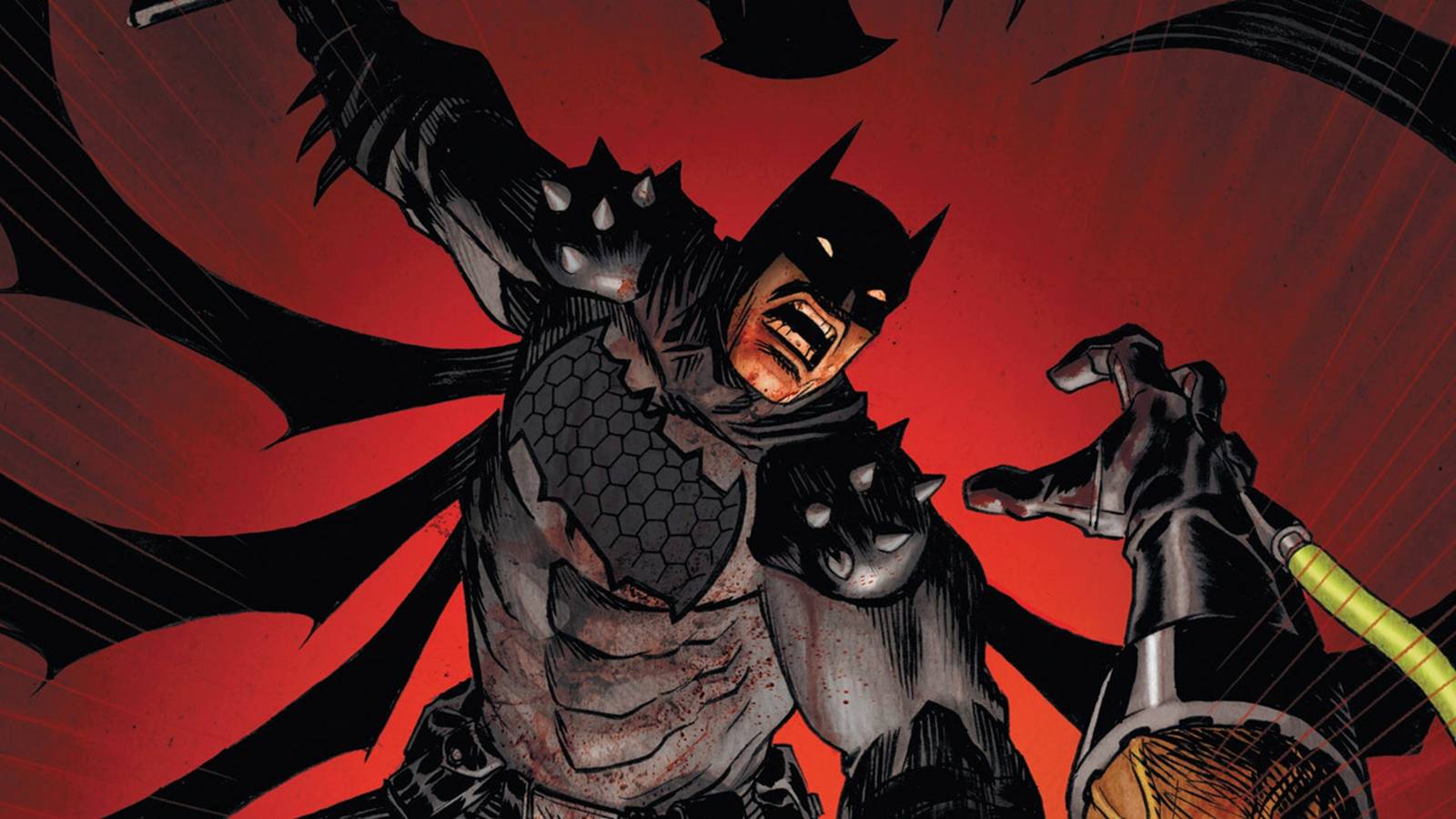
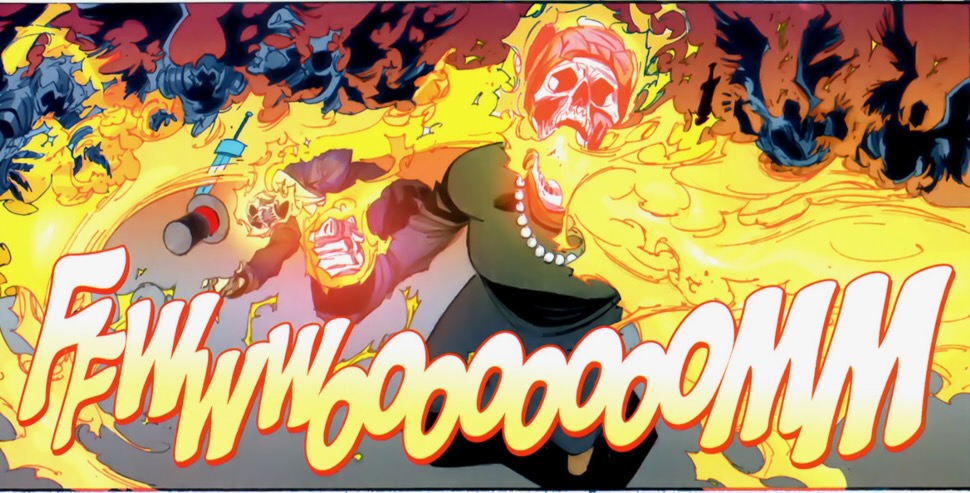




![Ghost of Yōtei First Impressions [Spoiler Free]](https://attackongeek.com/wp-content/uploads/2025/11/Ghost-of-Yotei.jpg)


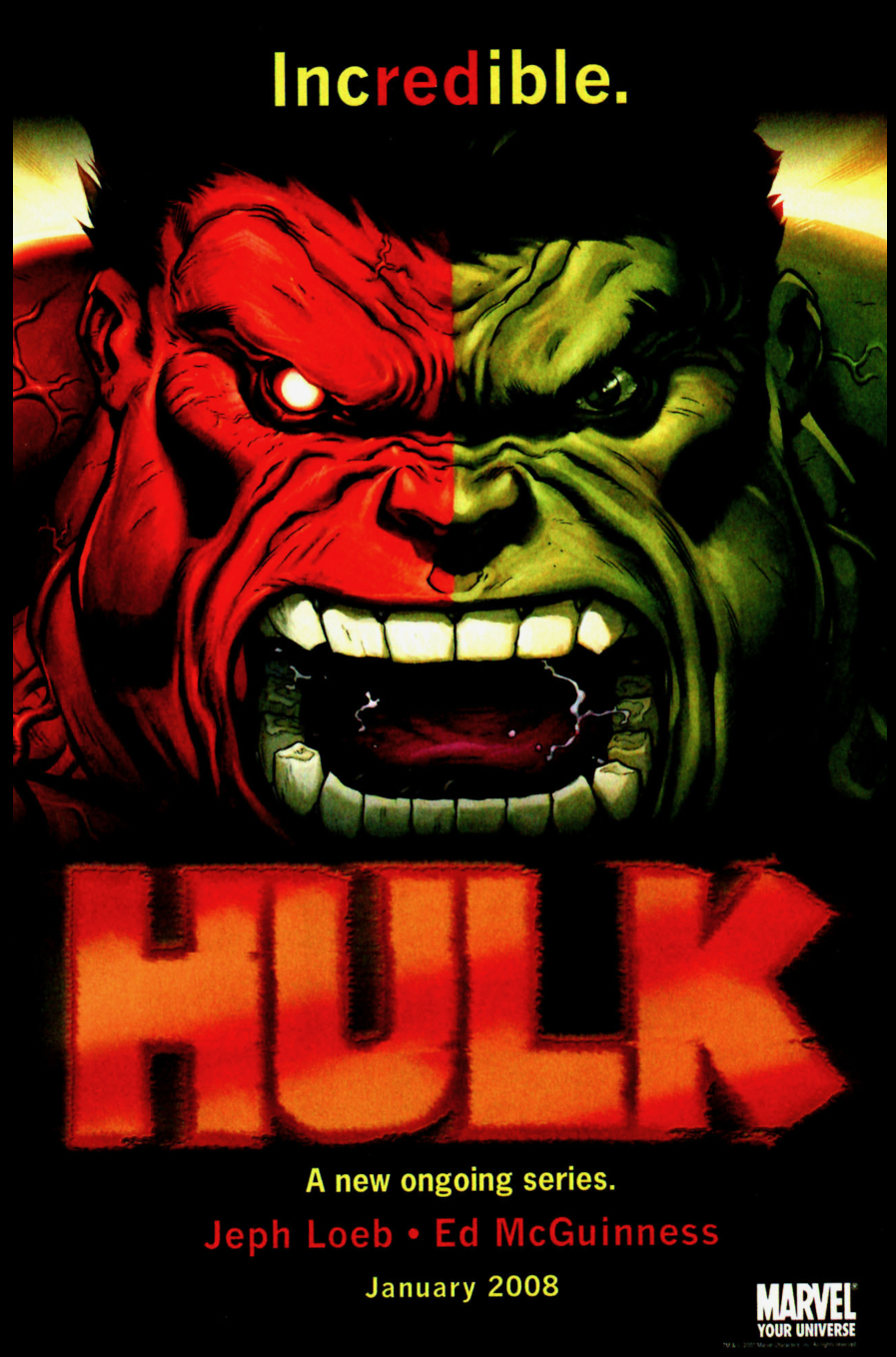
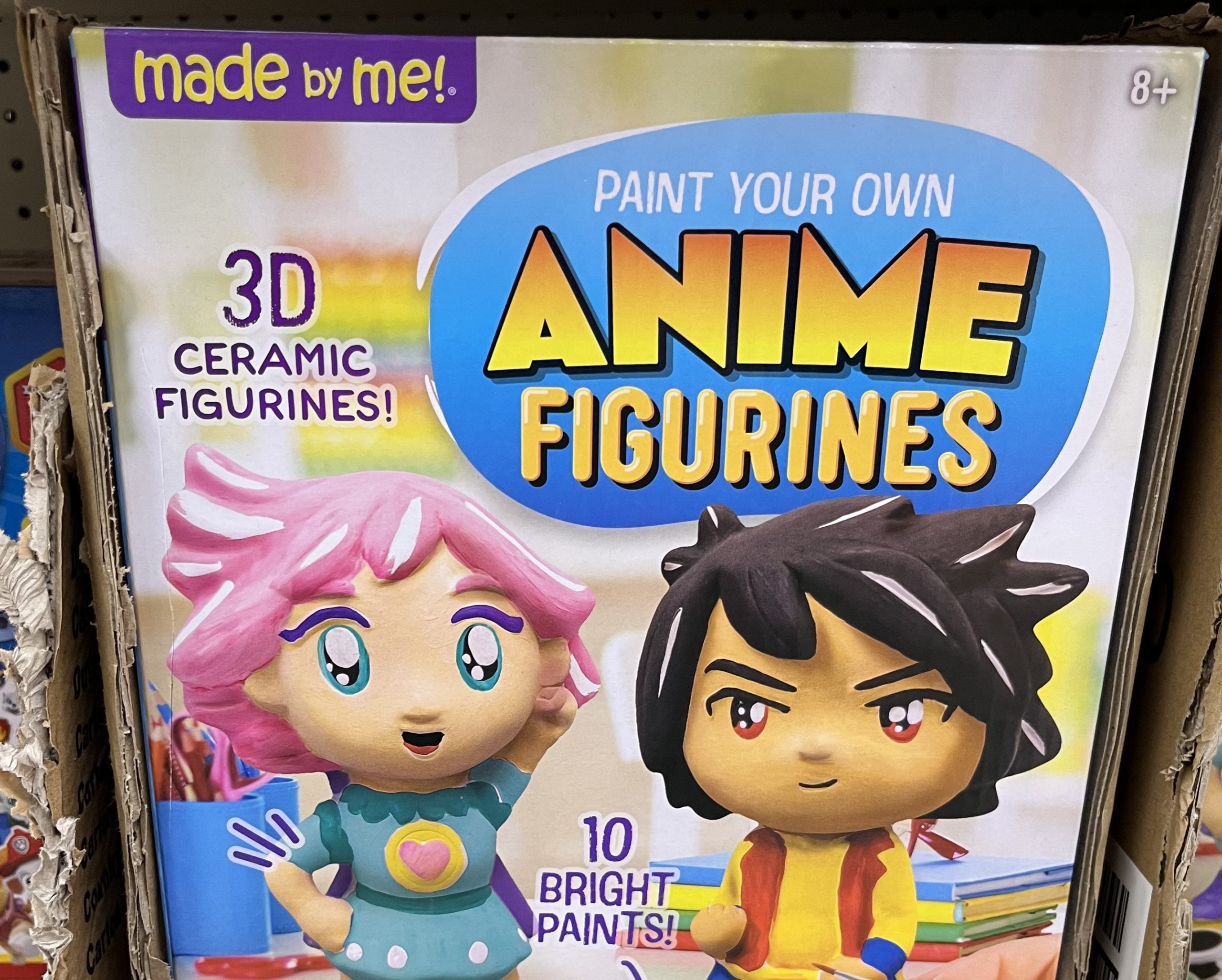
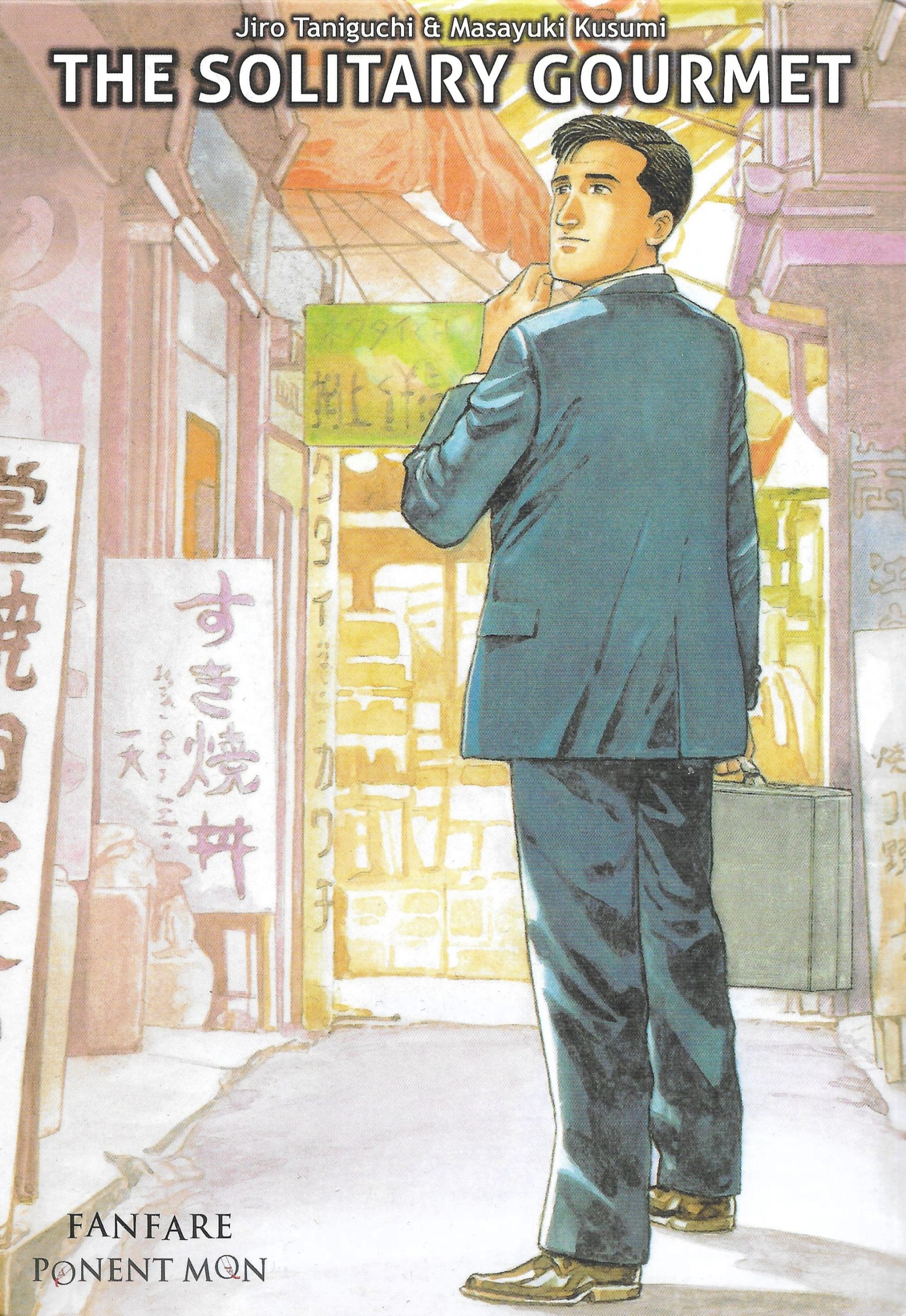
 English (US) ·
English (US) ·